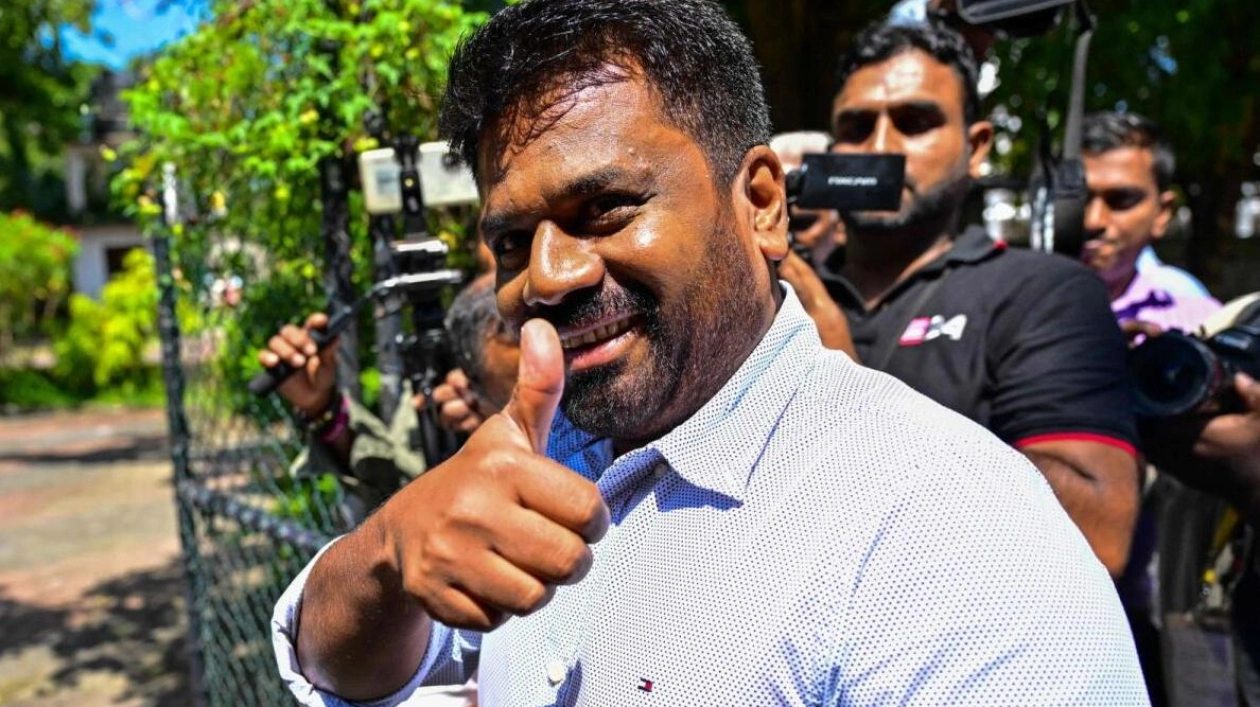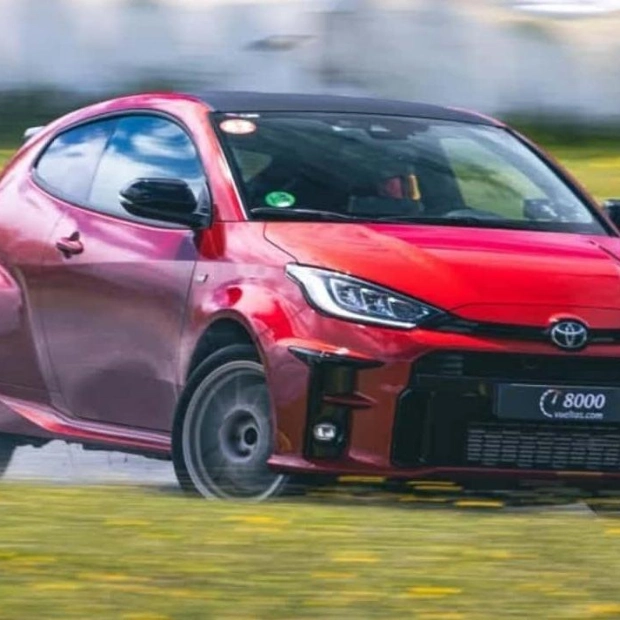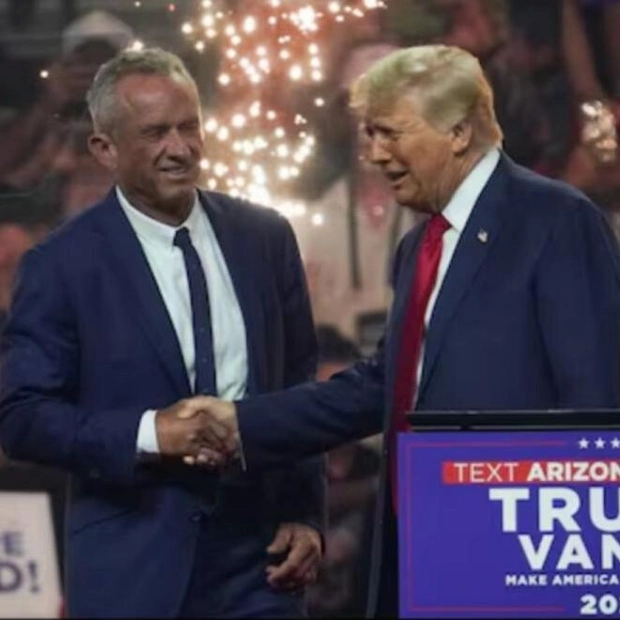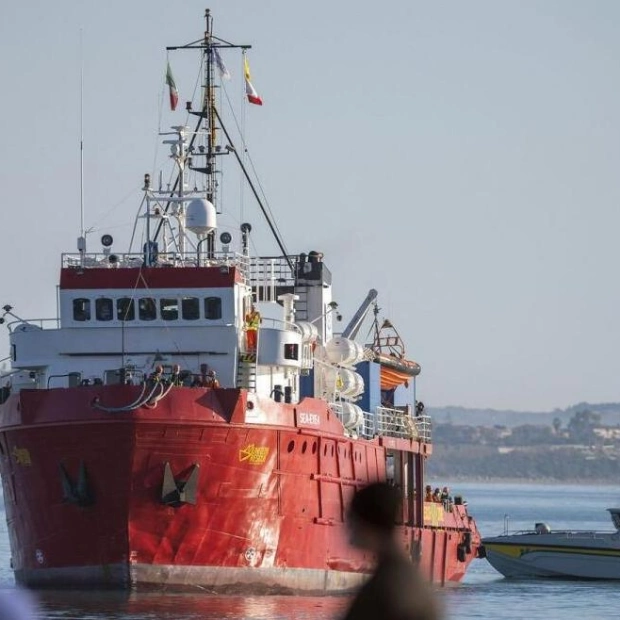Sri Lanka's election commission announced on Sunday that a previously fringe Marxist politician has been declared the country's president-elect, following a vote that was heavily influenced by public discontent over the island nation's handling of an unprecedented financial crisis.
Anura Kumara Dissanayaka, the 55-year-old leader of the People's Liberation Front, secured the presidency with 42.31 percent of the vote in Saturday's election, according to the commission. Opposition leader Sajith Premadasa came in second with 32.76 percent, while outgoing President Ranil Wickremesinghe, who took office during the peak of the 2022 economic collapse and implemented stringent austerity measures as part of an IMF bailout, finished a distant third with 17.27 percent.
Wickremesinghe has not yet conceded, but Foreign Minister Ali Sabry acknowledged Dissanayaka's victory, stating on social media, 'Though I heavily campaigned for President Ranil Wickremesinghe, the people of Sri Lanka have made their decision, and I fully respect their mandate for Anura Kumara Dissanayaka.' Dissanayaka is set to be sworn in on Monday morning at the colonial-era President Secretariat in Colombo, according to election commission officials.
Economic issues were the focal point of the eight-week campaign, with widespread public frustration over the hardships experienced since the crisis's peak two years ago. Dissanayaka has indicated that he will not scrap the IMF deal but will seek to modify it, according to a party politburo member. 'It is a binding document, but there is a provision to renegotiate,' said Bimal Ratnayake. Dissanayaka has pledged to reduce income taxes, which were doubled by Wickremesinghe, and cut sales taxes on food and medicines.
Dissanayaka's once-marginal Marxist party, which led two failed uprisings in the 1970s and 1980s that resulted in over 80,000 deaths, won less than four percent of the vote in the 2020 parliamentary elections. However, the current crisis has provided Dissanayaka with an opportunity to gain significant support based on his promise to transform Sri Lanka's 'corrupt' political culture.
Around 76 percent of Sri Lanka's 17.1 million eligible voters participated in Saturday's poll. Dissanayaka's party has sought to reassure India that any administration he leads will not engage in geopolitical rivalry between India and China, Sri Lanka's largest lender. New Delhi has expressed concerns over Beijing's growing influence in Sri Lanka, which is strategically located on vital shipping lanes in the Indian Ocean.
Wickremesinghe sought re-election to continue the austerity measures that stabilized the economy and ended months of shortages of food, fuel, and medicine during the economic meltdown. His tax hikes and other measures imposed under the $2.9 billion IMF bailout left millions struggling to make ends meet. Official data showed that Sri Lanka's poverty rate doubled to 25 percent between 2021 and 2022, adding more than 2.5 million people to those living below the poverty line.
Thousands of police were deployed to oversee voting on Saturday, and a temporary curfew was imposed after polls closed, despite no reported violence during or after balloting. No victory rallies or celebrations are permitted until a week after the final results are declared.






